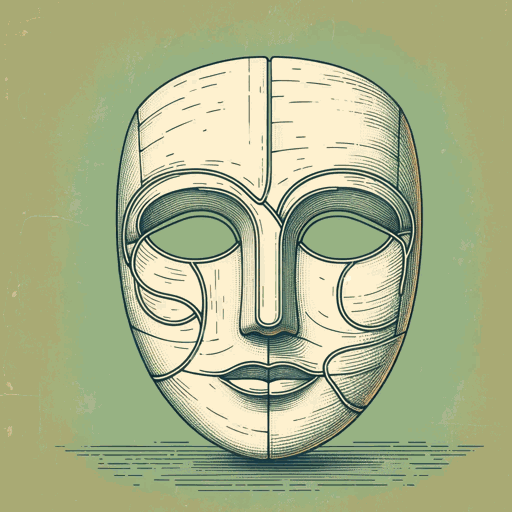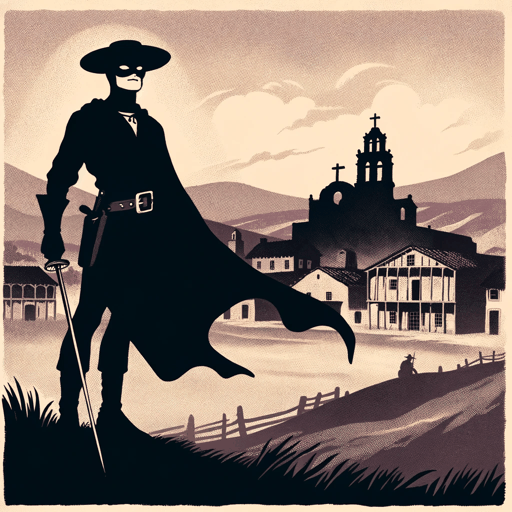49 pages • 1 hour read
Isabel AllendeZorro
Fiction | Novel | Adult | Published in 2005A modern alternative to SparkNotes and CliffsNotes, SuperSummary offers high-quality Study Guides with detailed chapter summaries and analysis of major themes, characters, and more.
Themes
Virtue and Justice
Virtue, especially the virtue of justice, is the central theme of Allende’s Zorro. Diego, the novel’s protagonist, develops a strong sense of justice from an early age, and as a young man his defining quality is his “disproportionate love of justice” (93). The narrative explores the theme of justice through Diego’s upbringing, his life experiences, and his transformation into Zorro. Specifically, Diego becomes obsessed with fighting for justice and resisting institutions and individuals—such as Moncada—that represent injustice and oppression.
The narrative presents justice through the eyes of the protagonist. As he grows up, Diego learns to value justice from figures who exemplify different types of justice, including his parents, grandmother, and members of his community. The five basic virtues of okahué, taught to Diego by his grandmother, guide him throughout his life. At the same time, Diego witnesses many injustices, from childhood bullying to the systematic mistreatment of the Indigenous people by the Spanish settlers of California. From the beginning, Diego does everything in his power to fight against these injustices, even when doing so puts him in danger, as when he captures a live bear to protect his childhood friend García from the bully Carlos.
Related Titles
By Isabel Allende

A Long Petal of the Sea
Isabel Allende

And of Clay Are We Created
Isabel Allende

City of the Beasts
Isabel Allende

Daughter Of Fortune
Isabel Allende

Eva Luna
Isabel Allende, Transl. Margaret Sayers Peden

In the Midst of Winter
Isabel Allende

Island Beneath the Sea
Isabel Allende

Maya's Notebook: A Novel
Isabel Allende

Of Love and Shadows
Isabel Allende

Paula
Isabel Allende

Portrait in Sepia
Isabel Allende

Ripper
Isabel Allende

The House of the Spirits
Isabel Allende

The Japanese Lover
Isabel Allende

The Stories of Eva Luna
Isabel Allende

The Wind Knows My Name
Isabel Allende

Two Words
Isabel Allende

Violeta
Isabel Allende

